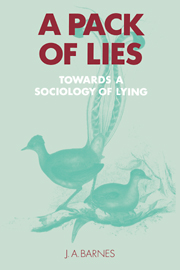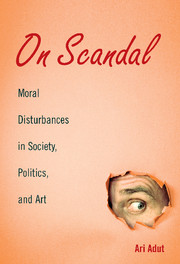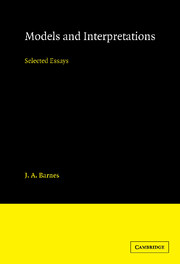A Pack of Lies
Defining lies as statements that are intended to deceive, this book considers the contexts in which people tell lies, how they are detected and sometimes exposed, and the consequences for the liars themselves, their dupes, and the wider society. The author provides examples from a number of cultures with distinctive religious and ethical traditions, and delineates domains where lying is the norm, domains that are ambiguous and the one domain (science) that requires truthtelling. He refers to experimental studies on children that show how, at an early age, they acquire the capactiy to lie and learn when it is appropriate to do so. He reviews how lying has been evaluated by moralists, examines why we do not regard novels as lies and relates the human capacity to lie to deceit among other animal species. He concludes that although there are, in all societies, good pragmatic reasons for not lying all the time, there are also strong reasons for lying some of the time.
- An original study exploring the reasons why people lie
- An accessible, well-written style by a well-known author
- Previous Press author
Product details
March 2011Adobe eBook Reader
9780511884597
0 pages
0kg
This ISBN is for an eBook version which is distributed on our behalf by a third party.
Table of Contents
- Preface
- Acknowledgments
- l. What is a lie? 2. Where lies are expected
- 3. Ambiguous domains
- 4. Science
- 5. Cultural diversity
- 6. Structural relations
- 7. Self-deception and connivance in deceit
- 8. Telling and detecting lies
- 9. Benign untruths: the discourse of fiction
- l0. Evaluations
- 11. Do we have to lie?.










